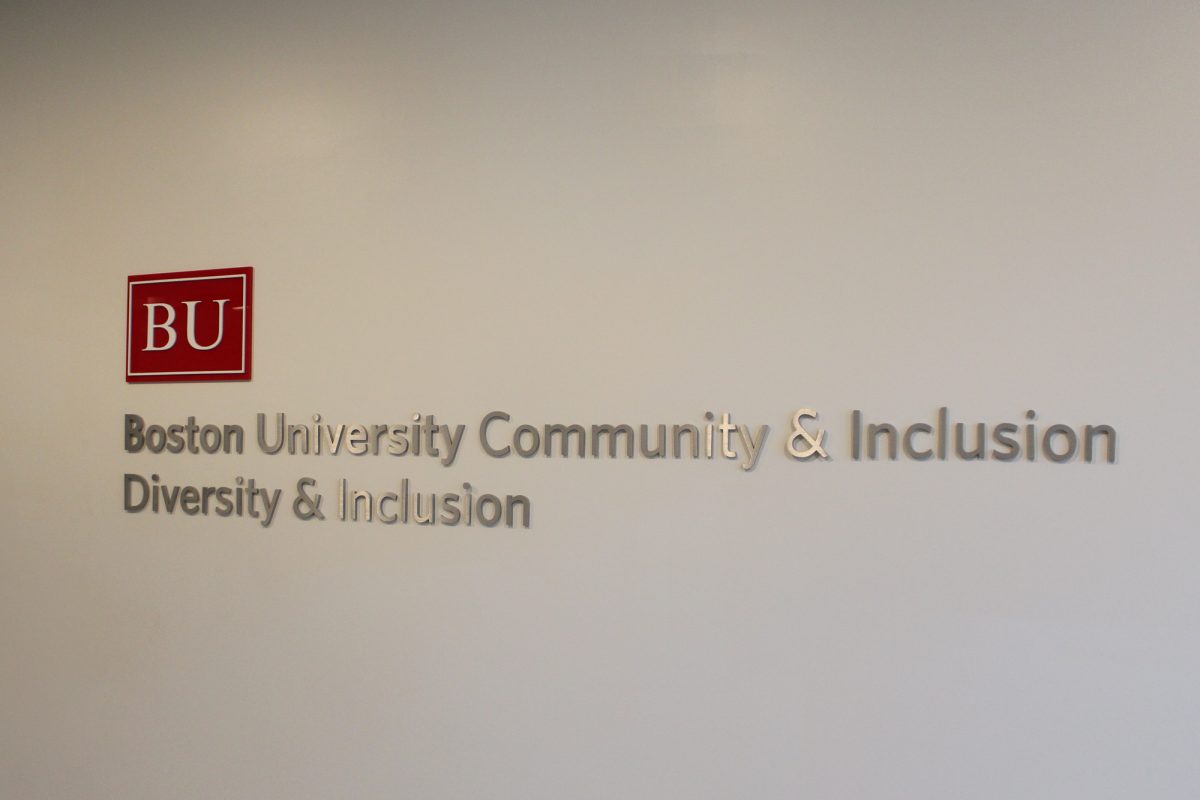Grammy Award-winning musician Daryl Davis has more than 20 Ku Klux Klan robes in his possession after spending 20 years trying to convince Klan members to leave the group and hang up their white, hooded garments. The most difficult part for him was the fact that he is black.
‘We call ourselves the greatest nation on the face of this Earth,’ Davis said to more than 100 people Tuesday in the George Sherman Union Conference Auditorium. ‘We can talk to a man on the moon, but we have difficulty talking to the person next door because they are of a different skin color. Racism, any kind of discrimination, is a cancer. If you don’t address it, it will metastasize.’
Davis said he grew up as an ’embassy brat’ and was always in classes filled with international students, so when he returned to the United States, he was shocked by how prevalent racism was in the schools.
‘At 10, it was incomprehensible to me that someone who knew nothing about me would want to inflict pain on me because of the color of my skin,’ Davis said.
Davis was touring with a country band when he met the first member of the KKK that he convinced to leave the group. The man was impressed with Davis’ playing and kept coming to shows, where Davis earned the man’s respect by not insulting or questioning his white supremacist ideals.
This relationship inspired Davis to begin researching his book, ‘Klan-Destine Relationships: A Black Man’s Odyssey in the Ku Klux Klan.’
‘I wanted to sit down and talk with my would-be lynchers and find out why they wanted to lynch me,’ Davis said, adding that members would often verbally ‘-‘- and sometimes even physically ‘-‘- attack him.
Throughout his research, Davis managed to become friends with and convince Roger Kelly, the former Maryland Klan ‘Imperial Wizard,’ or leader, to leave the group. Davis said he had no technique other than to maintain an open mind.
‘While you are actively learning about someone else, you are passively teaching them something about yourself,’ he said. ‘When you do things that way, chances are they will reciprocate.’
Davis also played the piano for the audience toward the end of the lecture, but College of Arts and Sciences junior Joe Cook said it was Davis’ words that stuck with him the most.
‘I thought it was insightful to hear somebody teach through listening instead of through speaking,’ he said.’
Davis told the Daily Free Press after the event that he frequently speaks at colleges to prepare students for the discrimination they will face in the real world.
‘When you leave school, it’s completely different, all because of my color, or your gender,’ he said. ‘I hope to show that it doesn’t matter what your station is in life. We all are human beings. We all have the ability to treat others how they deserve to be treated.’
Artist inspired KKK defections
By Daily Free Press Admin
•
October 29, 2008
3
0
More to Discover
















































































































Tom • Aug 3, 2010 at 2:20 pm
Great article, well written.
Flo • Aug 3, 2010 at 2:20 pm
Well written, It gave me a clear understanding of the battle for equality that Davis has spoken of.
Laurie • Aug 3, 2010 at 2:20 pm
It is sad that racism is still active in present day school systems and society, in general, here in the U.S. It is great to see that one man can affect change in such a passive way. Enjoyed the article, well written.